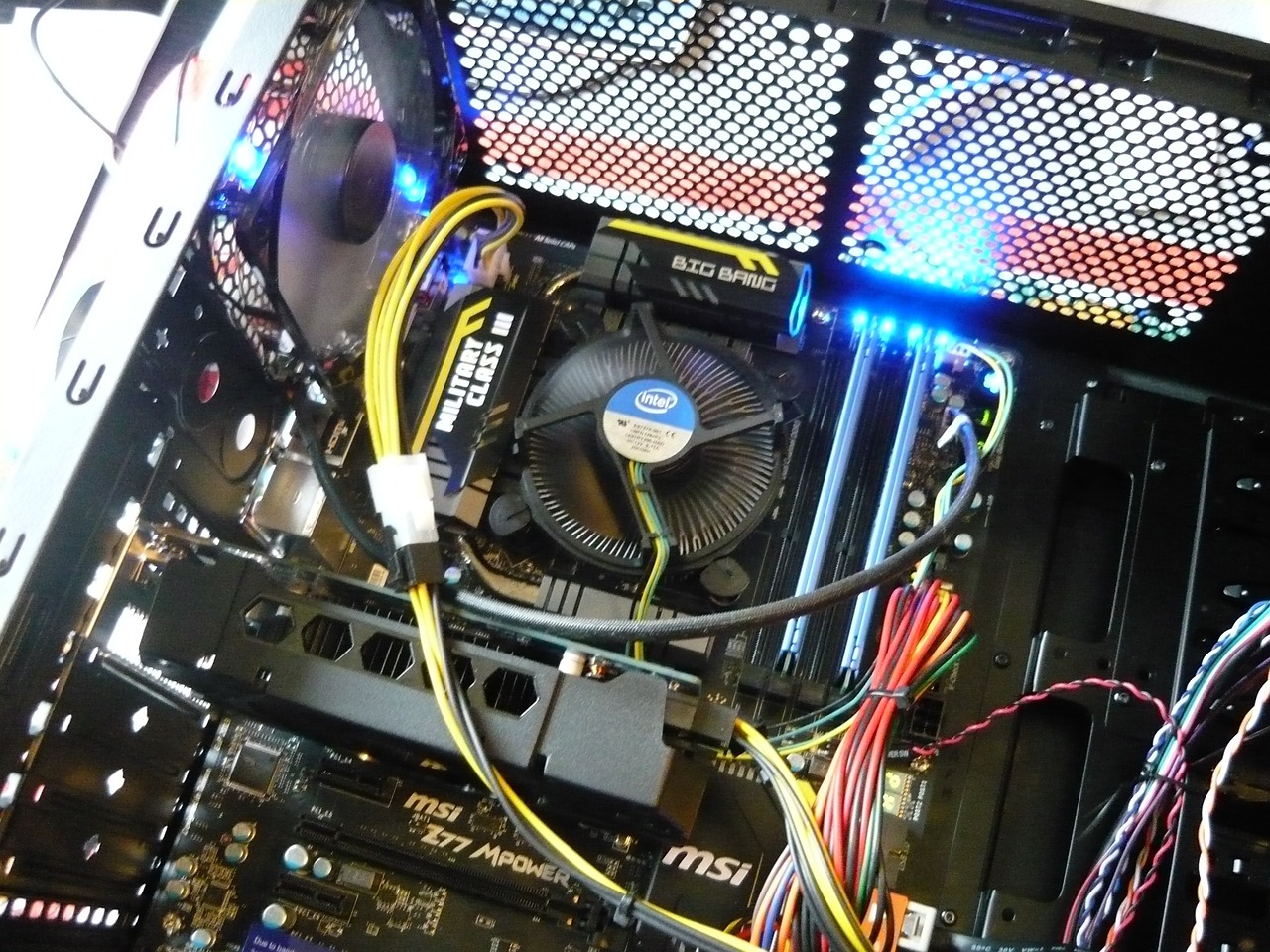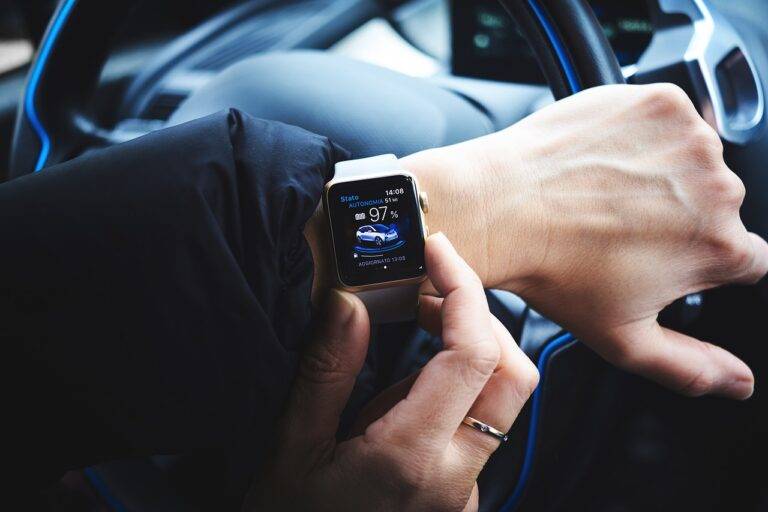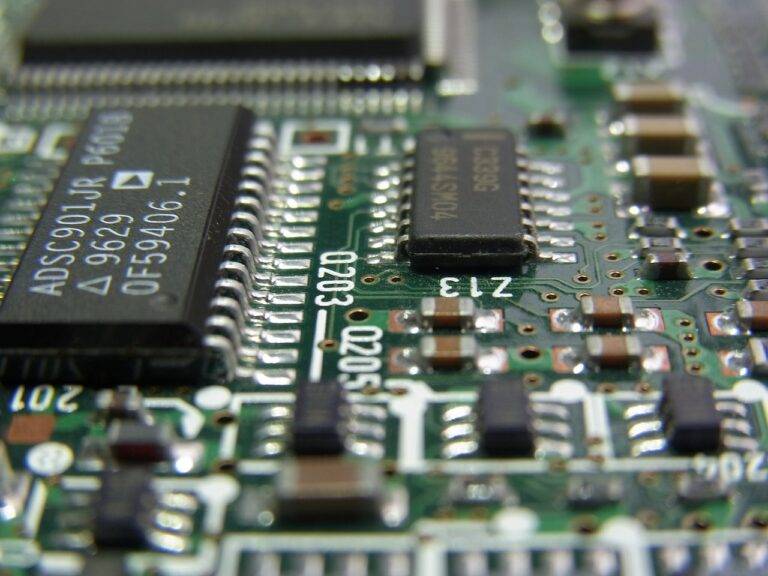The Future of Wearable Technology: Market Trends and Projections
The wearable technology market continues to show strong growth, fueled by the increasing demand for smart wearable devices. Consumers are drawn to the convenience and functionality offered by wearables, such as fitness trackers, smartwatches, and healthcare sensors. With advancements in technology, wearables are becoming more sophisticated and integrated into everyday life, driving market expansion.
Tech giants like Apple, Samsung, and Fitbit dominate the wearable technology industry, constantly innovating to stay ahead of the competition. These key players invest heavily in research and development to create cutting-edge products that appeal to a wide range of consumers. Smaller companies and startups also play a significant role in shaping the market landscape, offering niche wearables tailored to specific needs and preferences.
Key Players in the Wearable Technology Industry
Apple, a tech giant that needs no introduction, has made a significant mark in the wearable technology industry with its Apple Watch series. Known for its sleek design and diverse range of health and fitness features, the Apple Watch has become a popular choice for consumers looking for a premium wearable device. With each new iteration, Apple continues to innovate and set new standards in the industry.
Fitbit, another leading player in the wearable technology market, has carved out a niche for itself with its range of fitness trackers and smartwatches. Focused on promoting an active and healthy lifestyle, Fitbit devices are designed to track various health metrics such as heart rate, sleep patterns, and physical activity. The brand’s dedication to providing users with accurate and reliable data has helped it maintain a loyal customer base and stay competitive in the ever-evolving wearable technology landscape.
Current Trends in Wearable Technology
Wearable technology is evolving rapidly, with a growing emphasis on health and fitness tracking. Devices like smartwatches and fitness bands now offer advanced features such as heart rate monitoring, sleep tracking, and workout analysis. These advancements have made wearable technology an essential tool for individuals looking to monitor and improve their overall well-being.
Another notable trend in wearable technology is the integration of augmented reality (AR) and virtual reality (VR) functionalities. AR glasses and VR headsets are gaining popularity in various industries, from gaming and entertainment to healthcare and education. The immersive experiences provided by these devices are reshaping how users interact with digital content, creating endless possibilities for both consumers and businesses alike.
• Wearable technology is evolving rapidly, with a growing emphasis on health and fitness tracking.
• Devices like smartwatches and fitness bands now offer advanced features such as heart rate monitoring, sleep tracking, and workout analysis.
• These advancements have made wearable technology an essential tool for individuals looking to monitor and improve their overall well-being.
• Another notable trend in wearable technology is the integration of augmented reality (AR) and virtual reality (VR) functionalities.
• AR glasses and VR headsets are gaining popularity in various industries, from gaming and entertainment to healthcare and education.
• The immersive experiences provided by these devices are reshaping how users interact with digital content, creating endless possibilities for both consumers and businesses alike.
What is the current market overview of wearable technology?
The wearable technology market is experiencing rapid growth, with an increasing number of consumers adopting devices such as smartwatches, fitness trackers, and health monitors.
Who are some key players in the wearable technology industry?
Some key players in the wearable technology industry include Apple, Samsung, Fitbit, Garmin, and Xiaomi, among others.
What are some current trends in wearable technology?
Some current trends in wearable technology include the integration of advanced sensors for health monitoring, the rise of smart clothing and accessories, and the increasing popularity of hearables such as smart earbuds.
How is wearable technology impacting the healthcare industry?
Wearable technology is revolutionizing the healthcare industry by enabling remote patient monitoring, improving the accuracy of health data collection, and empowering individuals to take control of their own health and wellness.
Are there any privacy concerns associated with wearable technology?
Yes, privacy concerns around wearable technology include the collection and storage of personal data, the potential for data breaches, and the sharing of sensitive information with third parties. It is important for consumers to be aware of these risks and take steps to protect their privacy.





